
Complete the Lung Health Checklist
Learn the signs
Symptoms of lung disease and lung cancer tend to creep up slowly and people often put them down to ageing or lack of fitness. This leads to many automatically adjusting their daily activities to accommodate or reduce their symptoms rather than getting help. But a persistent cough, breathlessness and fatigue can be serious.
Knowing the early warning signs of lung disease can help you get a diagnosis and receive treatment before the disease becomes serious or even life-threatening. Take 2 minutes to learn the symptoms through our lung health checklist.
Know the symptoms
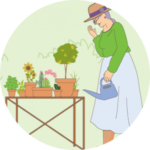
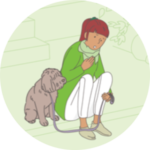
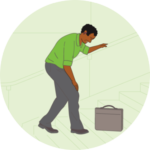
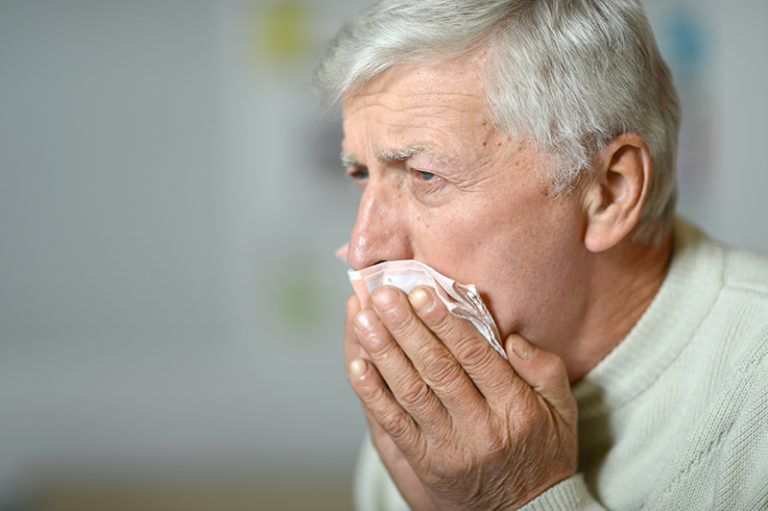
What is a cough?
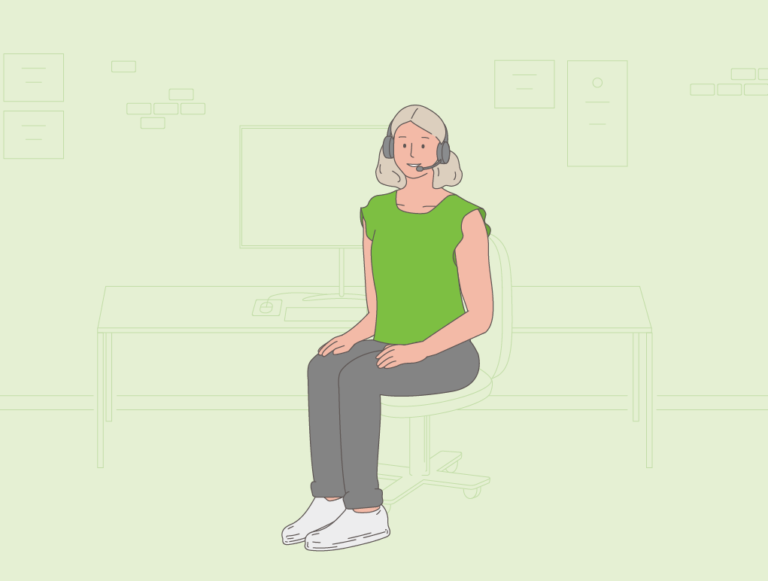
Information and Support Centre
Tips to look after your lungs
Every part of your body needs oxygen from the air you breathe to survive. The delicate structure of the lungs is beautifully adapted to carry out the complex business of breathing and transferring oxygen to the rest of the body. At the same time, the lungs help protect the body from outside attack.
Most of the time we are not even aware that our lungs are working, but they can be damaged in many ways and become less efficient at taking oxygen from the air and getting rid of waste carbon dioxide.
AstraZeneca Pty. Ltd. ABN 54 009 682 311. 66 Talavera Road, Macquarie Park, NSW 2113. www.astrazeneca.com.au. For Medical Information enquiries or to report an adverse event or product quality complaint: Telephone 1800 805 342 or via http://contactazmedical.astrazeneca.com or email Medical Information enquiries to medinfo.australia@astrazeneca.com. AU-11405. Date of preparation: September 2021.
This campaign has been developed in partnership with AstraZeneca Australia.
